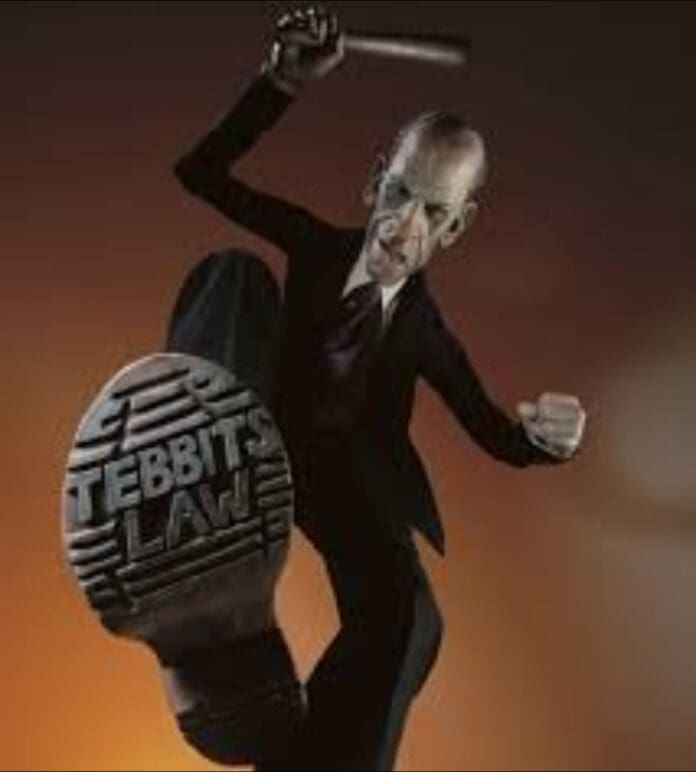Norman Tebbit, the combative Conservative politician and staunch ally of Margaret Thatcher, has died aged 94. A key architect of the Thatcher era’s confrontational style and unapologetic economic liberalism, Tebbit’s legacy remains one of deep division: admired by admirers for his loyalty and grit, yet reviled by critics as the embodiment of cruelty disguised as conviction.
Born in Ponders End, Middlesex, Tebbit trained as a journalist before joining the Royal Air Force and later becoming a commercial pilot. His transition into politics came in 1970 when he was elected MP for Epping, later representing Chingford. But it was in the furnace of the Thatcher years that he truly emerged, not as a voice of moderation or bridge-building, but as one of the government’s most abrasive and ideological enforcers.
Tebbit’s political rise was marked by his unforgiving rhetoric and disdain for what he saw as a culture of dependency. His most infamous utterance came in 1981, during the depths of unemployment and unrest, when he suggested that jobless Britons should emulate his father and “get on [their] bike” to look for work. It was a soundbite that perfectly captured the moral certitude and callous indifference at the heart of Thatcherite orthodoxy. For many, it became a symbol of the government’s disconnection from the human cost of its policies.
It is around this time that my memories of Tebbit began. A man I perceived as heartless and out of touch who embodied everything wrong with the rightward direction of the country. Growing up having to listen to platitudes broadcast into my living room whilst seeing more and more people suffer at the hands of his ideological zealousness.
As Employment Secretary and later Trade and Industry Secretary, Tebbit played a pivotal role in dismantling trade union power, spearheading reforms that shifted the balance of power dramatically in favour of employers. Critics argue that his tenure accelerated the casualisation of labour and helped entrench inequality that would define British society for decades.
A survivor of the 1984 Brighton bombing, which left his wife permanently paralysed, Tebbit’s personal courage was widely acknowledged even by political foes. Yet the tragedy did not temper his combative spirit. If anything, it seemed to harden his belief in the righteousness of the political path he had chosen.
Tebbit was never one for consensus or compromise. His time as party chairman saw the Tories move further to the right, embracing privatisation, deregulation, and social conservatism. His hostility towards the European Union and his reactionary views on race and immigration placed him increasingly out of step with modern Britain, though he remained a darling of the Tory grassroots and right-wing press.
Many working-class people who were paying attention are not sad to see his demise.
Elevated to the House of Lords in 1992, Lord Tebbit continued to fulminate from the red benches with a bitterness that bordered on the obsessive. Whether railing against multiculturalism, decrying the Human Rights Act, or lambasting the “liberal elite,” he rarely missed an opportunity to look backwards with nostalgia and forwards with disdain.
In his twilight years, Tebbit cut a paradoxical figure: celebrated by traditionalists, increasingly irrelevant in a changing country, yet unrepentant to the last. His politics were deeply rooted in an England that many no longer recognised—or wanted to return to.
Norman Tebbit’s life was one of division. He did not seek to unite; he sought to win. And in doing so, he left behind a political legacy as brittle as it was brutal.







